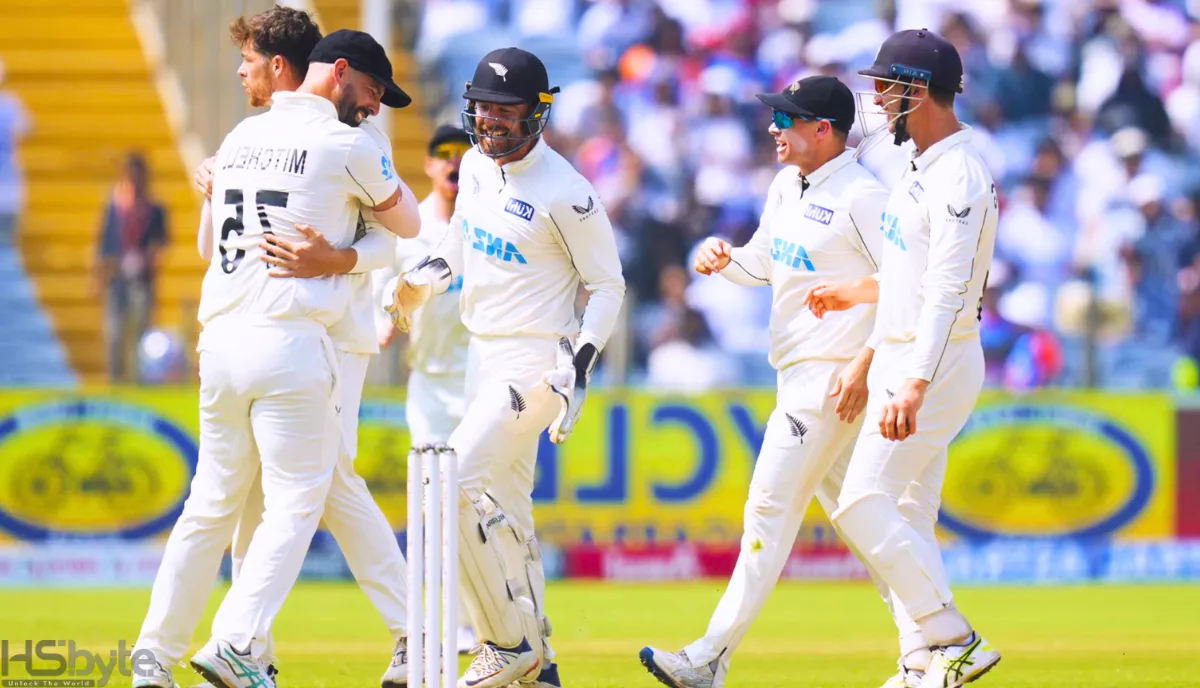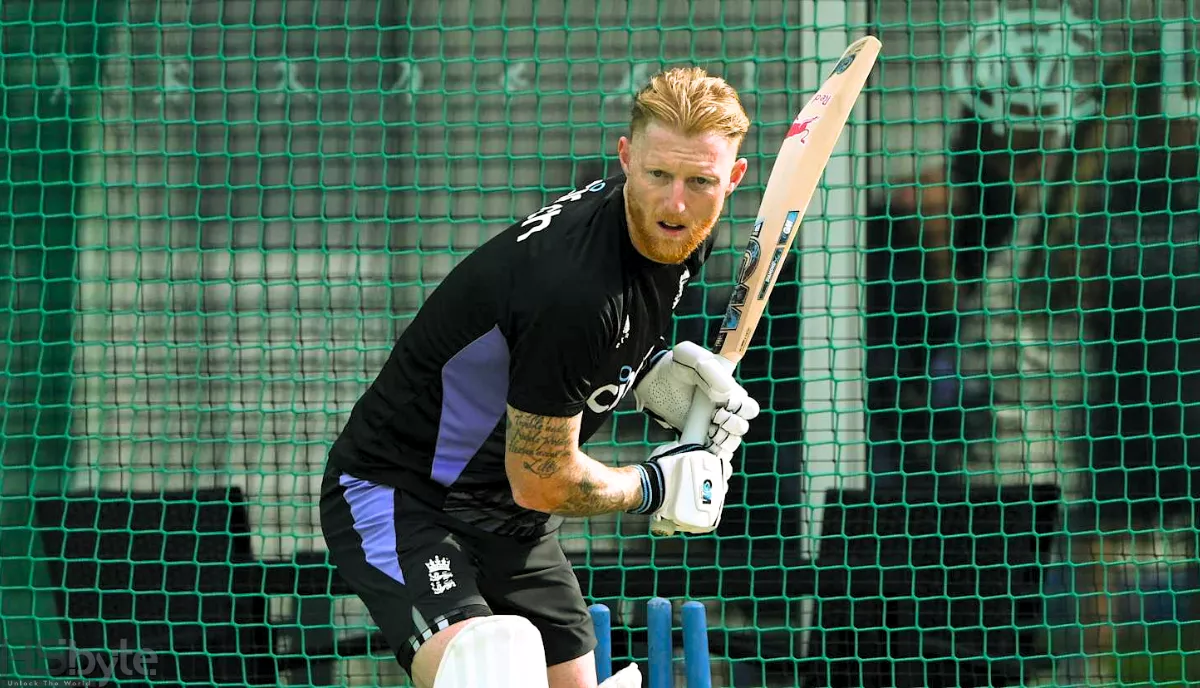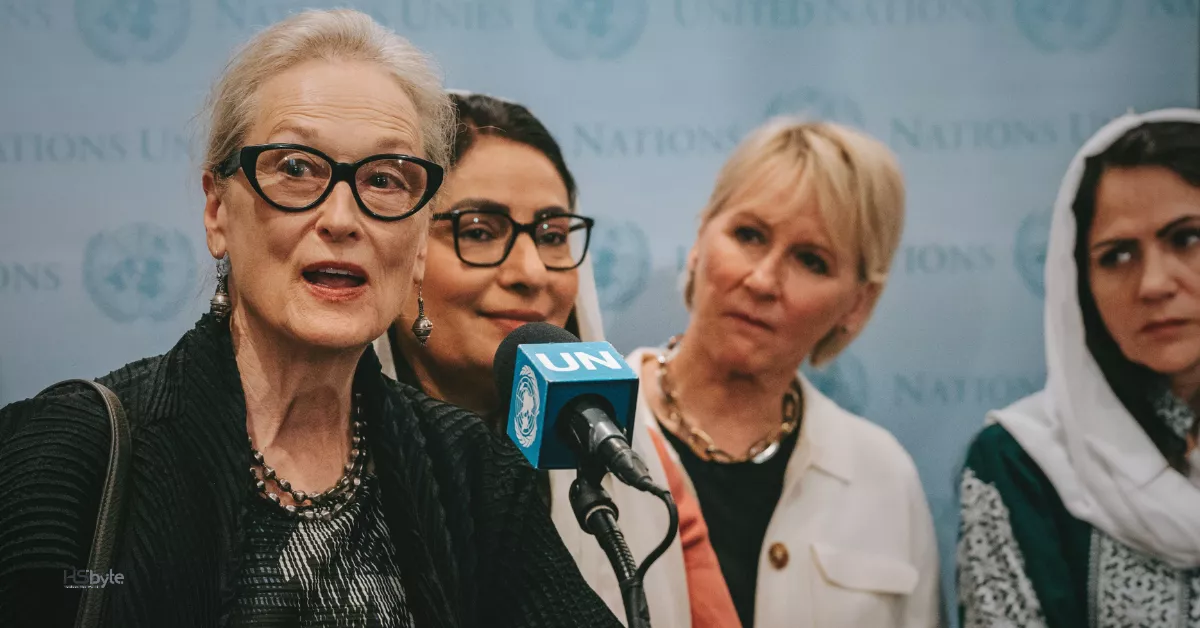

- Share
Football players are renowned for their physical and mental resilience, but the escalating number of matches is pushing many to the brink. Manchester City midfielder Rodri recently raised concerns over the relentless schedule, suggesting that players may be nearing a point where striking becomes the only option. His comments shed light on a growing issue in professional football, where the increasing frequency of matches is placing an unsustainable burden on players.
The Growing Challenge of Modern Football Schedules
In recent years, football has seen a surge in the number of tournaments, expanded formats, and congested fixtures. For clubs like Manchester City, the demands have never been higher. Between domestic leagues, European competitions, and international tournaments, players are finding themselves stretched to their limits. This growing concern reached new heights when Rodri openly expressed frustration with the current state of football schedules.
City, like many elite clubs, are competing on multiple fronts: the Premier League, the Champions League, domestic cups, and now, an expanded Club World Cup. While this increased visibility and competition bring commercial success, they come at a cost to the athletes tasked with performing week in, week out.
Rodri’s comments, made ahead of Manchester City’s Champions League clash with Inter Milan, paint a worrying picture. He emphasized that players are not only physically exhausted but mentally fatigued by the relentless pace of games.
The Champions League, one of the most prestigious tournaments in football, has undergone a significant format change, set to introduce more matches before the knockout stages. This new structure adds a minimum of two extra games to the group stage alone, further contributing to the already packed schedule.
Rodri voiced his concerns about this change, pointing out that it’s not just about a few extra games. The accumulation of matches throughout the season takes its toll on players’ bodies. Every extra game increases the risk of injury, fatigue, and mental burnout. As one of Manchester City’s key players, Rodri knows firsthand the effects of playing such a heavy schedule. In the 2022-2023 season, City competed in a staggering 120 matches across all competitions. This kind of workload is becoming more common for elite teams, and players are beginning to feel the strain.
The Club World Cup Expansion: Another Burden for Top Teams
Adding to the strain is the expansion of the Club World Cup, which is set to grow to 32 teams. While this format change brings more teams into the fold, it also means that clubs like Manchester City will have to play additional matches. In the past, winning the Club World Cup required playing just two games. However, under the new format, teams will face a much longer journey if they hope to lift the trophy. Should City reach the final, they will have to play three group-stage games and four knockout matches – a significant increase from previous seasons.
The additional burden of the expanded Club World Cup is just another layer of fatigue for players already stretched thin by the demands of domestic and international competitions. While the tournament’s prestige has grown, the toll on players is becoming harder to ignore.
Rodri's Call for Change: Player Strikes Looming?
Rodri’s suggestion that a player strike may be on the horizon has sent shockwaves through the football community. When asked if players would consider striking in response to the growing fixture list, his response was telling: “I think we are close to that.” His comments suggest that many players across Europe share this sentiment. As more and more games are added to the calendar, the breaking point for many professionals is looming closer.
While no formal strike has been called, the fact that players are openly discussing the possibility highlights the seriousness of the issue. Rodri explained that the physical and mental strain of such demanding schedules is universal among top players. “You ask any player, and they will say the same,” he stated. This consensus is alarming, particularly when considering the potential long-term effects on players’ health and careers
Rodri’s suggestion that a player strike may be on the horizon has sent shockwaves through the football community. When asked if players would consider striking in response to the growing fixture list, his response was telling: “I think we are close to that.” His comments suggest that many players across Europe share this sentiment. As more and more games are added to the calendar, the breaking point for many professionals is looming closer.
While no formal strike has been called, the fact that players are openly discussing the possibility highlights the seriousness of the issue. Rodri explained that the physical and mental strain of such demanding schedules is universal among top players. “You ask any player, and they will say the same,” he stated. This consensus is alarming, particularly when considering the potential long-term effects on players’ health and careers.
The Impact of Overloaded Schedules on Player Health
It’s no secret that football is physically demanding. Players are required to maintain peak performance levels throughout the season, often playing two to three matches per week. While elite athletes are conditioned to handle this, the relentless schedule leaves little time for recovery, both physically and mentally.
Overloading players with too many games can result in a range of issues:
Increased Injury Risk: More matches mean more opportunities for injury. Football is a high-intensity sport, and without adequate rest, players are more likely to suffer injuries. Muscle strains, ligament tears, and fatigue-related injuries become more common when recovery time is limited.
Mental Fatigue and Burnout: Mental health is just as important as physical well-being. Constant pressure to perform at the highest level, along with the travel and lack of downtime, can lead to mental exhaustion. In some cases, players may experience burnout, affecting their performance and overall well-being.
Shortened Careers: The intense demands of modern football could potentially shorten the careers of players who are unable to manage the physical toll. Prolonged exposure to excessive match schedules may lead to chronic injuries or early retirement.
The long-term consequences of overloading players with too many games are becoming more apparent as the football calendar continues to expand. Rodri’s comments suggest that players are reaching a breaking point, and without meaningful intervention, football risks damaging the careers of some of its top stars.
In conclusion, the future of football must be one that values its players, providing them with the time and resources needed to thrive both on and off the pitch. If the industry continues to push players to their limits, the risk of burnout, injuries, and even strikes will only increase. It’s time for meaningful change before the beautiful game is permanently altered by overburdened athletes.
You May Also Like


Manchester City Triumphs Over Southampton: Haaland’s Decisive Strike

Lee Carsley’s Struggles as Interim England Manager Intensify

Trent Alexander-Arnold Free-Kick Stuns Finland

Ben Stokes Fit for Second Test: England Ready for Multan Challenge

Andres Iniesta Retires: Football Legend Ends Iconic Career at 40
Latest Update

10 Best TV Shows Rivals to The Diplomat This October

Adil Rashid Retirement Plans: England’s Leg-Spinner Eyes More Wins

Afghan Women Rights Under Attack: Meryl Streep Condemns Taliban

Andres Iniesta Retires: Football Legend Ends Iconic Career at 40



Atletico Madrid vs Real Madrid: Dramatic Equaliser in Heated Derby

